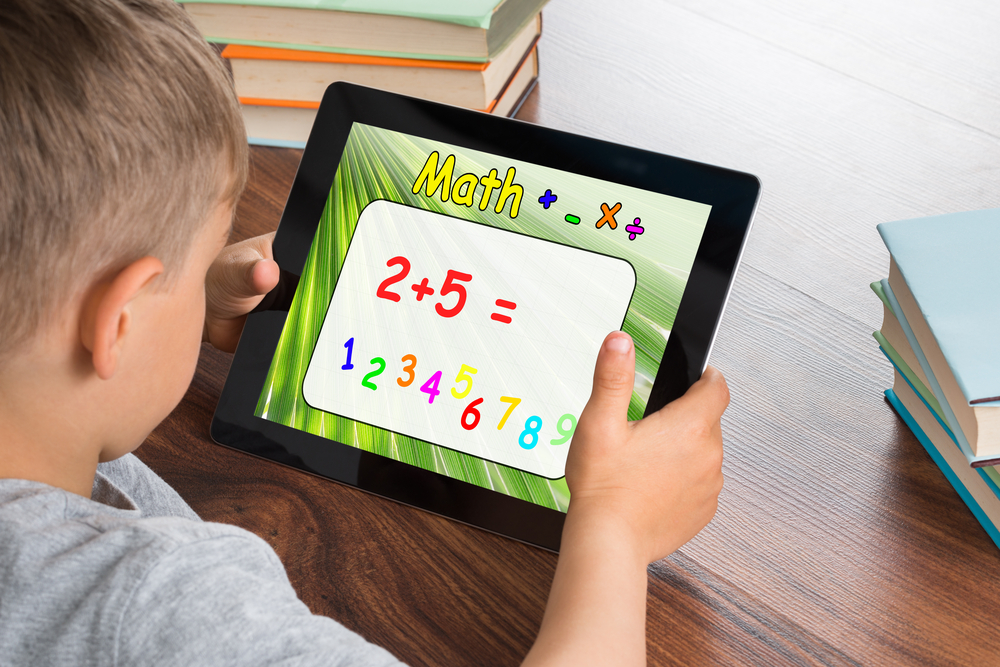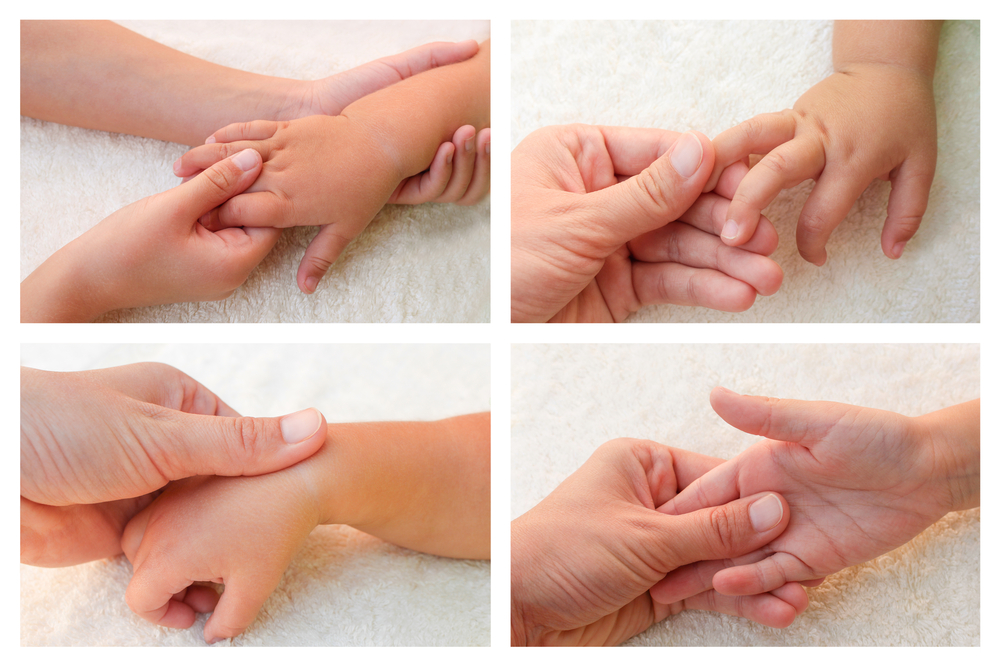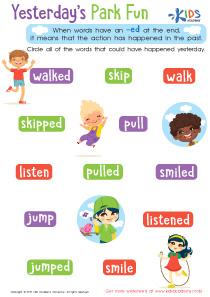Easy Lowercase/Small Letters worksheets activities for Kindergarten
2 filtered results
-
From - To
Discover Our Easy Lowercase/Small Letters Worksheets for Kindergarten!
Unlock the world of letters with our specially designed Easy Lowercase/Small Letters worksheets, perfect for Kindergarten learners! Our activities are crafted to engage and excite young minds, making the journey into literacy a joyful adventure. Each worksheet is filled with vibrant illustrations and interactive tasks that not only teach but also entertain. From tracing exercises to matching games, our activities are tailored to develop fine motor skills and letter recognition, setting a solid foundation for future reading and writing success. Dive into our collection and watch your Kindergartener blossom into a confident reader and writer!
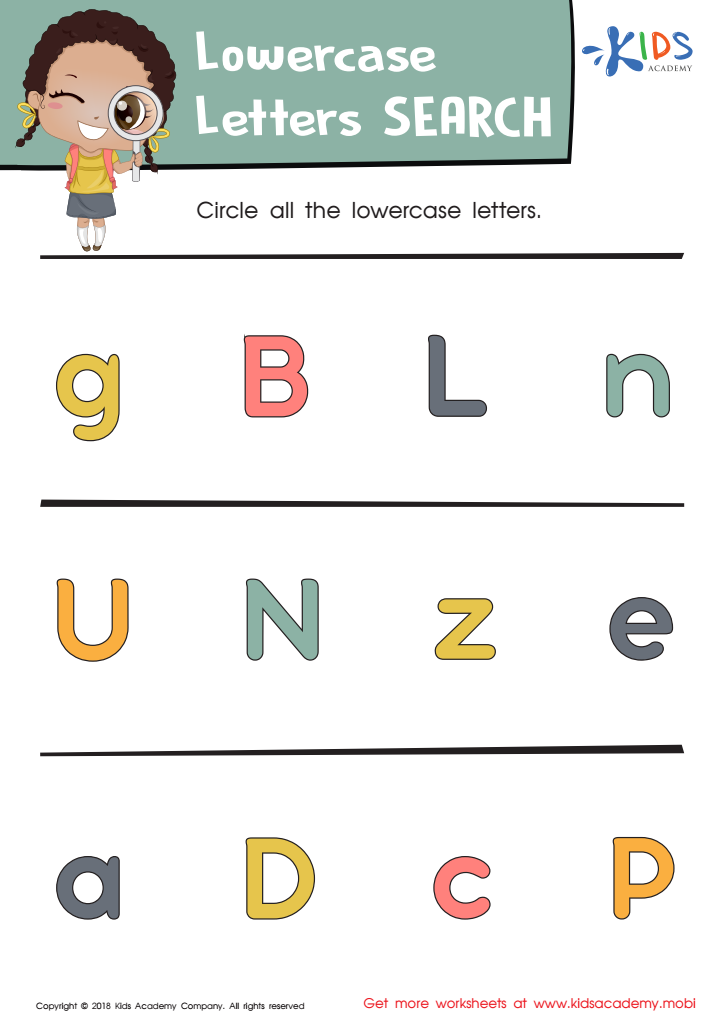

Lowercase Letters Search: Assessment Worksheet
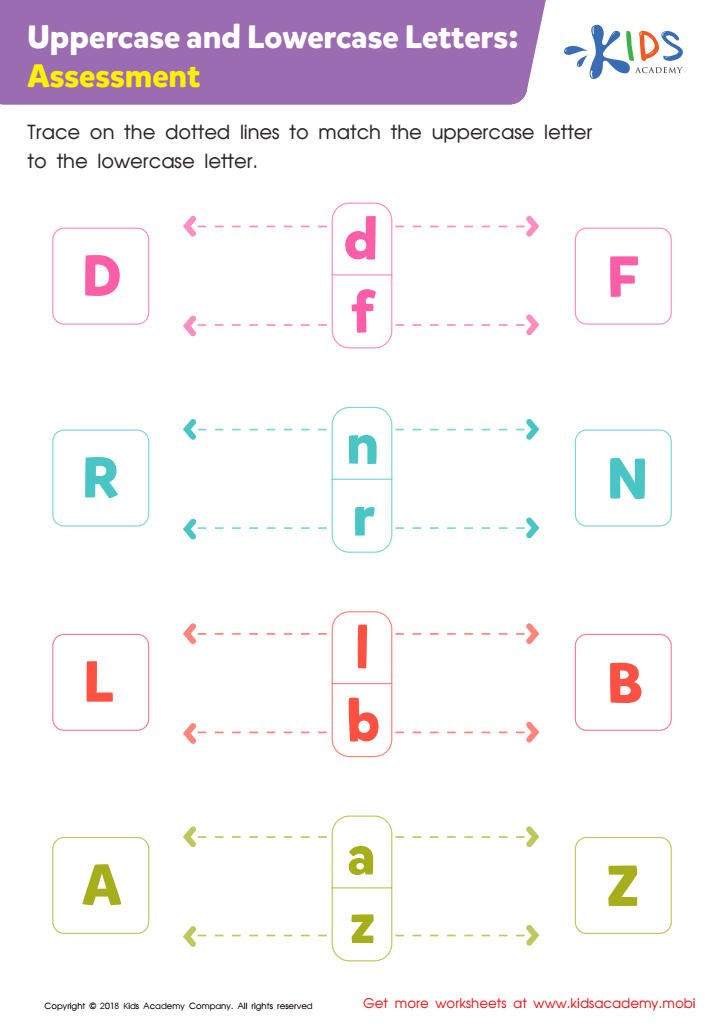

Uppercase and Lowercase Letters: Assessment Worksheet
Easy Lowercase/Small Letters worksheets activities for Kindergarten are an invaluable resource for early childhood education. These engaging and straightforward exercises are perfectly designed to meet the developmental needs of young learners, making the introduction to the alphabet both fun and effective. Let's explore why these activities are so beneficial for kindergarten students.
Firstly, these worksheets serve as an excellent tool to familiarize children with the concept of lowercase letters, which represent the majority of text they will encounter in their reading journey. By focusing on lowercase/small letters, these activities lay a strong foundation for reading skills, as most written communication is in lowercase. This early exposure ensures that children are not only able to recognize each letter but also understand its unique shape and sound, facilitating a smoother transition into reading and writing.
Moreover, Easy Lowercase/Small Letters worksheets activities for Kindergarten are designed with young learners in mind. This means that the activities are not only educational but also highly engaging. Through a variety of tasks such as tracing, matching, and coloring, children can learn at their own pace in a stress-free environment. This hands-on approach to learning helps to improve fine motor skills while also keeping the students' attention focused on the task at hand.
In addition, these worksheets promote independence in learning. As the activities are easy to understand, children can often work on them with minimal adult supervision. This sense of autonomy is crucial in building self-confidence and motivation in young learners, encouraging them to take an active role in their educational journey.
In summary, Easy Lowercase/Small Letters worksheets activities for Kindergarten are an essential resource for introducing young learners to the alphabet. Through engaging, developmentally appropriate exercises, these activities not only enhance literacy skills but also foster a love for learning that will benefit children throughout their academic careers.

 Assign to the classroom
Assign to the classroom


